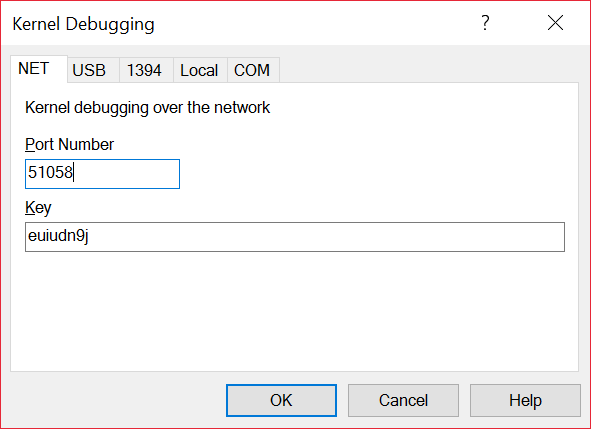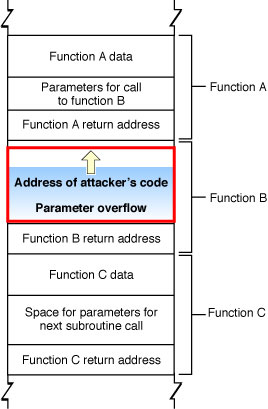

- C++ SOCKET PROGRAMMING ERROR STACK SMASHING DETECTED VERIFICATION
- C++ SOCKET PROGRAMMING ERROR STACK SMASHING DETECTED CODE
I am currently carefully checking each line of code, one by one, trying to find out the buggy statement.
C++ SOCKET PROGRAMMING ERROR STACK SMASHING DETECTED CODE
I tryed to detect the line in the source code where I could be smashing the stack with valgrind, but after some additional research I arrived to the conclusion that it can´t help me to debug my current stack smashing error (Reference: Go to the page below on wikipedia, and make a "search in this page" for the "stack smashing" gdb backtrace reports the error ocurred at the instruction that return from the main program, hence, curiously all the outputs from the program are done successfully but the program does not end normally as it abnormally terimnate with this bug (!!). It has a dozen of functions and a main program. I would have pasted the code here but its approx 2000 lines. I am stuck for 1 week in a *** stack smashing detected *** bug in my C program running in a i386 desktop with Ubuntu 7.0.4. I hope to contribute with some info given in my question posing. They protect against attacks involving overflowing buffers in a structure into pointers to change pointer to point at a piece of control data.I am sorry my first post here is a question. The hacker needs the canary, algorithm, and control data to produce the original canary. I have a highly multi-threaded (pthreads) C/C++ program that has developed a stack smashing issue under optimized compiles with GCC after 4.4.4 and prior to 4.7.1. It is similar to random canaries except that the "read from stack method" to get the canary is complex. Tools for Isolating a Stack smashing bug (2) To put it mildly I have a small memory issue and am running out of tools and ideas to isolate the cause. Random XOR canaries are random carriers that are XOR scrambled using control data. Random canaries are generated at program initialization and stored in global variables. Random canaries are generated randomly from an entropy gathering daemon, which prevents attackers from knowing values. The terminator canary is based on the fact that stack buffer overflow attack depends on string operations ending at terminators. The three types of canary are Random, Terminator, and Random XOR.
C++ SOCKET PROGRAMMING ERROR STACK SMASHING DETECTED VERIFICATION
A failed verification of canary data signifies an overflow in the stack. This ensures that a buffer overflow corrupts the canary first. Canary values monitor buffer overflows and are placed between the control data and the buffer on the stack. These values when destroyed indicate that a buffer preceding it in memory has been overflowed.

Stack buffer overflow protection changes the organization of data in the stack frame of a function call to include canary values. An attacker can also overwrite control flow information stored in the stack.Īs stack smashing has grown into a very serious vulnerability, certain technologies are implemented to overcome the stack smashing disaster. If the buffer contains data provided by an untrusted user, the stack may be corrupted by injecting executable code into the program, thus gaining unauthorized access to a computer. If you overwrite key correctly, you get an interactive shell before the stack check is performed at the end of func().Heres the proof in the form of a Python script: import socket s socket.socket(socket.AFINET, socket.SOCKSTREAM) s.connect(('pwnable.kr', 9000)) s.

If the program affected by stack smashing accepts data from untrusted networks and runs with special privileges, it is a case of security vulnerability. You dont need to bypass gccs stack smashing detection.


 0 kommentar(er)
0 kommentar(er)
